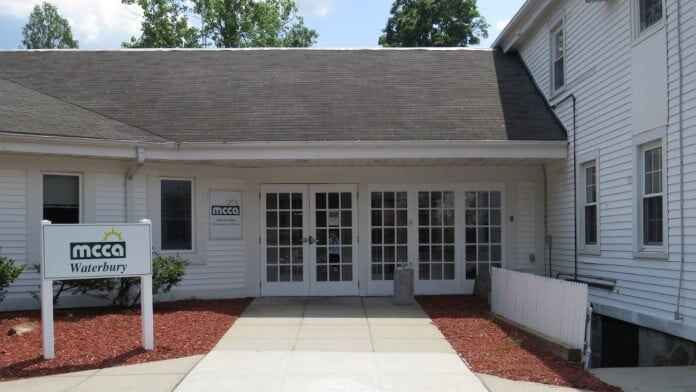About MCCA, Midwestern Connecticut Council of Alcoholism, Inc. – Waterbury
The Midwestern Connecticut Council of Alcoholism (MCCA) has been helping people with substance use issues since 1972. Their Waterbury, Connecticut, outpatient addiction treatment clinic offers compassionate care in a city known for its supportive and inclusive environment. Clients often share how the team’s genuine care and dedication make a lasting impact, helping them build connections during recovery and beyond.
There are plenty of ways to get the support you need. Whether it’s sitting down with a counselor or joining a group, you’ll learn about addiction, your habits and triggers, and how to make real changes. They offer medication assisted treatment (MAT) for clients dealing with opioid use disorders.
Understanding that sometimes life gets busy, they offer flexible hours to make getting help easier. They’re even open late three nights a week. On Tuesdays and Thursdays, you can walk right in without an appointment and be evaluated for treatment.
They also offer outpatient services for Spanish speaking clients. These services are offered during day and evening hours three days a week.
They accept many insurance plans and work with you to figure out whether your treatment will require authorizations or co-pays. Making payments is easy since they accept cash, checks and credit cards. If you don’t have insurance, they can help you apply for Access Health CT or connect you with the Connecticut General Assistance Behavioral Health Program.
If you’re juggling work, family, and recovery, the intensive outpatient program (IOP) offers structure and support to help you succeed in recovery. With focused sessions on topics like relapse prevention and anger management, you can tackle personal challenges in a way that feels manageable. Many find the compassionate counselors to be the difference between wanting change and truly believing it’s possible.
Addiction can be really difficult for older adults, with challenges like anxiety, loneliness, or health changes adding to the struggle. Seniors can find help through dedicated programs for individuals 55 and older, including counseling and support groups.





